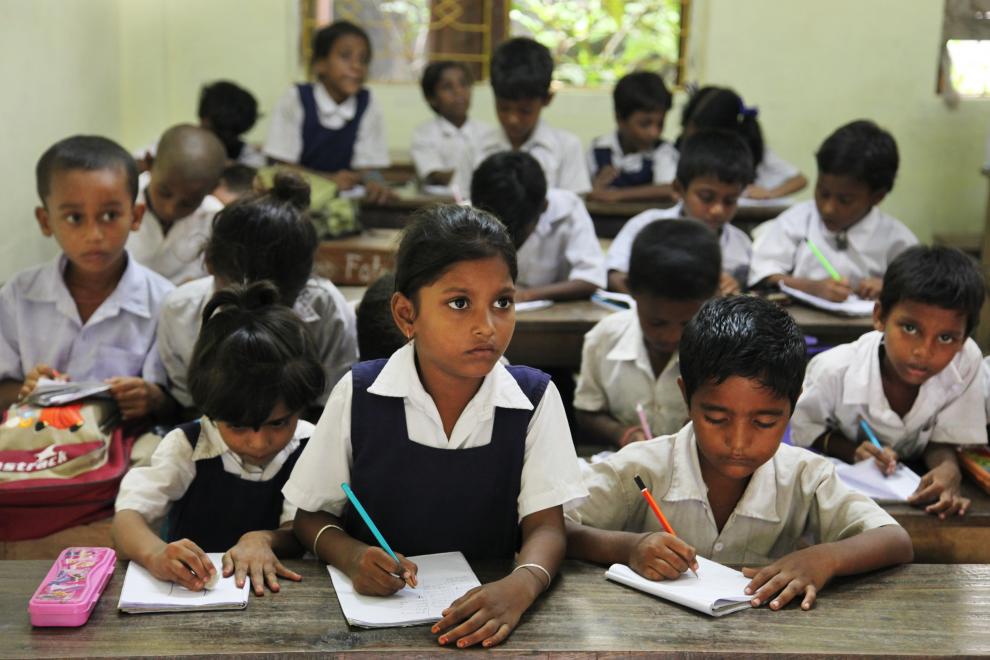Striving to provide every child, from pre-school to class 12, with access to quality education within an equitable classroom environment, the Department of School Education and Literacy has been actively implementing Samagra Shiksha since the academic year 2018-19. This initiative was highlighted by the Minister of State for Education, Annpurna Devi, during a session in the Lok Sabha on December 4.
The primary focus of Samagra Shiksha is to bridge gender and social gaps in school education. Specifically designed to target girls and children from marginalized groups, the scheme offers a spectrum of interventions. These include the establishment of neighborhood schools for enhanced accessibility, provision of free uniforms and textbooks up to Class VIII, deployment of additional teachers and housing facilities in remote areas, stipends for children with special needs (CWSN) girls, development and dissemination of gender-sensitive teaching materials, and the incorporation of self-defence training.
Recognized as an integrated centrally sponsored scheme for school education, Samagra Shiksha has undergone restructuring to align with the recommendations of the National Education Policy (NEP) of 2020, underscoring the importance of fostering an equitable classroom environment.
Key features of the scheme include:
– Supporting states in the implementation of the Right of Children to Free and Compulsory Education (RTE) Act, 2009.
– Focus on early childhood care and education.
– Emphasis on foundational literacy and numeracy.
– Provision of quality education aimed at enhancing learning outcomes for students.
One of the pivotal objectives of Samagra Shiksha is the strengthening of teacher training programs. Under the scheme, significant efforts are directed towards the enhancement and upgrading of State Councils of Educational Research and Training (SCERTs)/State Institutes of Education and District Institutes of Educational Training (DIET) as nodal agencies for teacher training. Financial assistance is extended to all states and union territories to fortify these institutions, with particular attention to integrating comprehensive training structures. The SCERT is entrusted with the responsibility of preparing and conducting combined annual teacher training calendars for educators across all levels, from Early Childhood Care and Education (ECCE) to the senior secondary level.
In-service teacher and teacher educators training have been integral components of prior initiatives such as Sarva Shiksha Abhiyan (SSA), Rashtriya Madhyamik Shiksha Abhiyan (RMSA), and Teacher Education (TE). The allocation of financial provisions for in-service teacher training, including the training of master trainers and teacher educators, was a significant aspect discussed during Project Approval Board meetings under these schemes.
The Indian government’s commitment to promoting gender equality in education is evident through continuous initiatives and policies being implemented nationwide. By prioritizing gender equality in education, the government seeks to ensure equal opportunities and access to education for all, irrespective of gender, thereby creating a more equitable and empowering educational landscape for both girls and boys across the country.














